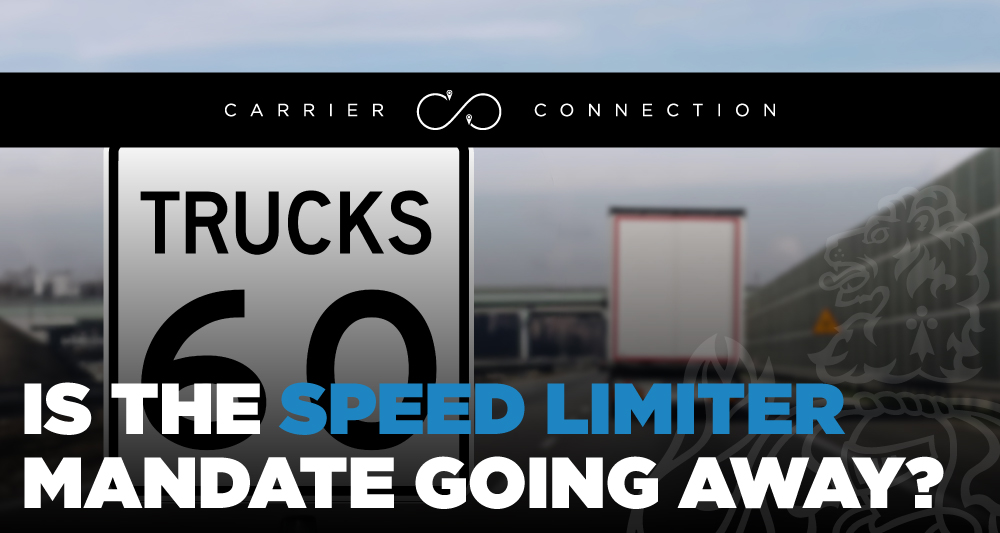In 2016, the USDOT formally proposed a speed limiter mandate on large commercial vehicles.
Ten years later, a verdict was finally reached.
Before we dive into the decision, it’s essential to understand what the mandate requires.
What Was the Speed Limiter Mandate?
The proposal required all commercial vehicles weighing more than 26,000 pounds to equip a speed limiter. These limiters would prevent semi-trucks from exceeding ~65 mph.
This would create situations where truckers often travel 10 – 15 mph less than the significant highway speed limits.
After a decade of debate, a decision was finally made.
The Verdict
As of July 24, 2025, the speed limiter mandate was officially withdrawn.
Transportation Secretary Sean Duffy offered the following reasons for the proposal being axed:
- The studies submitted with the proposal could not provide sufficient data that speed limiters could avoid collisions.
- Other safety mandates, including the automatic emergency braking (AEB) mandate and forward collision systems, would likely accomplish safer results with fewer complications.
- Economic ramifications were uncertain, with experts struggling to account for the implementation costs, externalities to small businesses, and loss of productivity from slower arrivals.
- The proposal was politically controversial, as a federal mandate would undermine state decision-making.
The Aftermath
The withdrawal of the proposal has energized the deregulation movement. As truckers monitor the road ahead, here are a few initiatives to watch.
- A $275 million grant to fund trucker parking is underway.
- A federal crackdown on illegal double-brokering is being elevated.
- Additional scrutiny of federal regulations is to be expected.
The decade-long battle over speed limiters has finally reached an end. With new safety tech on the horizon, truckers can confidently move forward… just under the speed limit, of course.
###
The England Carrier Services (ECS) division offers various services for carriers ranging from maintenance to support. As ECS members, carriers have access to nationwide discounts on fuel and tires from dedicated team members committed to finding the best price. ECS also provides factoring services with benefits such as same-day funding to a bank account or fuel card. These options allow carriers the freedom to focus on growing their business while saving time and money.



